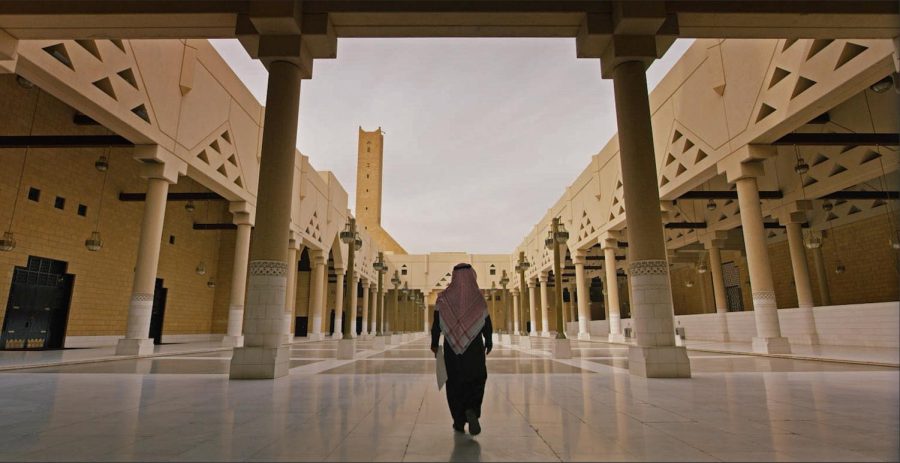The Danger of Telling Someone Else’s Story
Storytelling is a powerful tool that can be used to unite people from all different walks of life. Whether it be based on fact or purely fiction, people gain new world views and an overwhelming sense of unity when they listen to stories. Through writing, spoken word or film, storytelling gives creators the chance to share parts of their culture and their ideologies to create representation for their ethnic and cultural groups. However, there are more and more cases in which storytelling creates a divide in communities.
Meg Smaker’s latest Sundance film is a perfect example of storytelling doing more harm than good. In her film, “Jihad Rehab,” Smaker interviews Muslim men incarcerated for terrorism. However, Smaker makes a dangerous assumption and automatically assumes that they are crippled with guilt. Rather than looking at facts and examining each person’s unique circumstances. Smaker’s black and white view of their perceived guilt keeps them trapped in harmful stereotypes.
I do not believe that there is anything inherently wrong with telling a story from a community you are not a part of. However, when it comes to works of nonfiction, and when storytelling concerns real cultural groups of which the storyteller is not a part of, things become much trickier.
In theory, there should be nothing wrong with a member of any ethnic group or race telling a story from the perspective of someone from a different group or race. It is human nature to want to view experiences through a different lens, and storytelling awards people this opportunity. Despite the fact that one’s intentions may be upstanding, racial, ethnic and class disparities make it necessary for creators to take great care when telling a story about a community of which they are not members.
Though Smaker may have had good intentions with her film, wanting to shed light on an overlooked community, she offended Arab and Muslim filmmakers who saw her film as nothing more than American propaganda. Smaker perpeutuated a harmful stereotype of Muslims as incarcerated terrorists.
With the success of her film and the support of Sundance, Smaker did yet another incredibly damaging thing with her film: give her voice more power than someone who is actually in the Muslim community. As a Caucasian woman, her work and her point of view should not have more merit and recognition in the film industry than actual Muslim creators. Her opinion should be just that, a mere opinion and nothing more. To have her be revered for her work is insensitive to those who truly live the experience she is trying to portray. Smaker’s film presents her biased opinion as a white woman as if it is fact.
What Smaker did is unfortunately quite common in the world of content creation, and it shines light on a rather huge problem that doesn’t seem to be going away. The problem is that for marginalized groups to gain widespread recognition, they must be portrayed by a member of the dominant cultural group. Aside from Smaker’s work, another way in which this can be seen is through the spa water TikTok trend, which gained traction in early August of this year.
As a result of this trend, classic cultural hispanic traditions were suddenly mainstream, which in theory should be a good thing. Hundreds of thousands of users were learning about a traditional drink that is emblematic to Mexican culture. However, the content creators distributing this knowledge were misinforming the public by ignoring the cultural roots and renaming the classic drink from Agua Fresca to spa water. By amplifying their own voices, white creators thrust themselves into the spotlight at the expense of a culture they supposedly respect. Just as Smaker did, these content creators display blatant disregard for a culture they claim to be so enamored by, and with their seemingly innocent actions they continue to suppress marginalized voices.
It is possible for a storyteller to tell a story or participate in the storytelling of a group that they are not a part of, but it needs to be done with respect and reverence for the voices in that group, and that is just not happening on the large scale.
Carolyn Branigan, FCRH ’24, is an English and Film & Television major from Tinton Falls, N.J.










































































































































































































